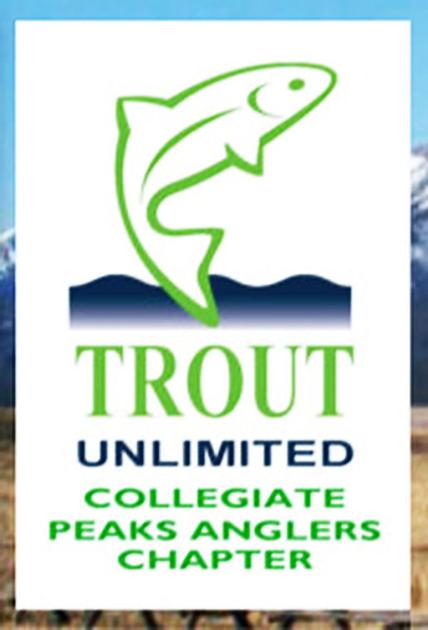I recently returned from a spectacular, multi-day fly fishing trip.
It was a raft float down a beautiful canyon with steep schist and sandstone walls, cool water, many brown and rainbow trout. Difficult access meant we hardly saw anyone else during those days.
The bug life was incredible (caddis, sallies, mayflies, dragonflies), multiple hatches every day. I was pleased to see no water-gulping Tamarisk and very few Russian Olives.
Our trip had four rafts, each with a guide and two clients, personal gear, camp gear, food. Every day we covered 5-6 miles, fishing from the boats and pulling over often to wade fish from the banks. We all had a great time and caught plenty of nice fish. Even so, I returned home with a bit of a bad taste in my mouth. Why is that?
As the trip progressed, while we were all catching fish with great coaching from our guides, I started noticing dead fish.
Drowned fish, in one piece, sunk on the bottom in slow current, their white bellies clearly visible from above. I could only surmise they were angler-killed, i.e. fish poorly played, badly landed, mishandled or improperly released.
I started paying thinking about water temperature. I did not have a thermometer with me, but with 100+ degree days, sun on the water from 7 a.m. to 8 p.m., and comfortable wet wading conditions, it seemed reasonable to assume that the water was at least in the upper 60s.
Warmer water means less dissolved oxygen, making life a lot harder for the trout. The consensus is that we should stop fishing for browns and rainbows when water temperature reaches 68F.
Were we all as diligent as we could be? Were we all using oversized tippet to land fish as quickly as possible?
Making sure all our flies were de-barbed? Always wetting hands before touching the trout to preserve the slime barrier on their skin to keep infections away?
Avoiding touching them in the first place, if possible?
Trying to unhook the fish in the net, without even lifting them out of water?
Not holding them up for a few minutes for that grip-and-grin photo to show off to friends back home?
At first, I felt it was the guides’ responsibility to educate the anglers. After all, they are uniquely positioned to be in control of what their clients are doing.
It would be easy to blame the guides, but we must remember that fly fishing shops and guide services are first and foremost a business.
They are there to make money. They are doing what they believe is fulfilling our expectations.
I’m not letting them off the hook and saying they’re blameless, but we need to acknowledge that we are the ones driving this problem.
If we come to the river expecting the guide to get us into fish, and if our definition of a successful trip revolves around number of fish brought to hand, can we really blame the guides for doing whatever it takes? I don’t think so.
Over the years I have learned a lot from the guides I’ve been fortunate to fish with.
I am thankful to those guides and friends who took the time to educate me not only on how to become a better fisherman, but also on proper fish treatment.
I think that I have become a more conscientious angler who now passes that respect and ethic onto others.
It is the clients’ job to decide what the goal of the trip is.
What cost (in terms of damaging the fish and the river) are we willing to accept?
Is the trip about catching the most fish no matter the conditions? Or is it about protecting the river and the fish first and foremost, and enjoying the day?
For members of Trout Unlimited, resource conservation comes first.
Sometimes using de-barbed hooks and keeping fish wet isn’t enough. There are days when we should not fish because the water is too warm.
Some rivers, such as the Deschutes, no longer allow fishing from a boat as anglers caught too many fish, highly stressing the fishery. Now guides row clients to good wade-fishing spots instead.
Guides teach, clients catch and it’s easier on the fish. Can that become the new normal elsewhere, including our rivers in Colorado?
I’m not a guide, but it shouldn’t be hard for our goals and those of the guides to align.
If we accept lower catch counts in exchange for feeling good about helping the fish survive, the guides will surely follow suit.
As their careers depend on having healthy fish in healthy rivers, it is in their direct interest to preserve these fisheries for as long as possible.
Let’s convince our guides that protecting the resource is our main priority.
Their tips will come from us having a great day in a great place, and not be tied to the number of fish caught on inappropriate days. If we can responsibly catch fish then that’s great. But that comes second.
For more information about Collegiate Peaks Chapter including our events and projects visit our website: collegiatepeaksTU.org
Tom Palka is the communications manager for the Collegiate Peaks Chapter of Trout Unlimited.
Credit: Source link































